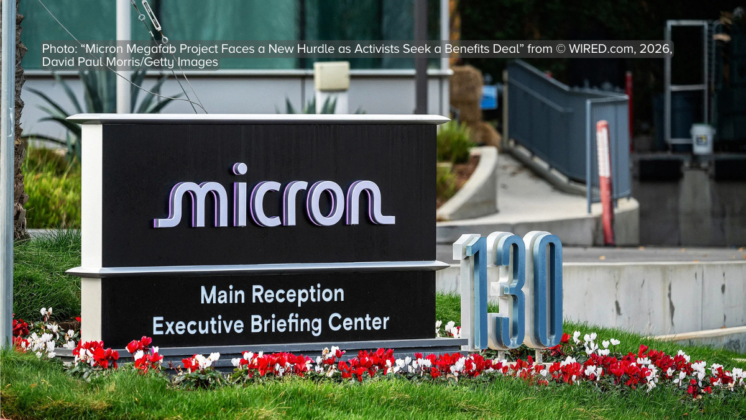Greenpeace calls upon Facebook to use 100% renewable energy. How the internet is powered is an issue not just for Facebook but for the entire IT industry. The industry holds many of the keys to reaching our climate goals by innovating internet based solutions to mitigate greenhouse gas emissions and increase energy efficiency. Technologies that enable smart grids, zero emissions buildings, and more efficient transport systems are central to efforts to combat climate change. However, the IT industry's global environmental footprint is still growing — in fact, it's set to double by 2020.
How the internet is powered is an issue not just for Facebook but for the entire IT industry. The industry holds many of the keys to reaching our climate goals by innovating internet based solutions to mitigate greenhouse gas emissions and increase energy efficiency. Technologies that enable smart grids, zero emissions buildings, and more efficient transport systems are central to efforts to combat climate change, says Greenpeace.
However, the IT industry's global environmental footprint is still growing — in fact, it's set to double by 2020. In 2008, The Climate Group and the Global e-Sustainability Initiative (GeSI) issued SMART 2020: Enabling the low carbon economy in the information age. The study showed the incredible efficiencies IT can create, but it also highlighted the massive footprint of the IT industry and predicted that because of the rapid economic expansion in places like India and China, among other causes, demand for IT services will quadruple by 2020.
How Facebook Should Lead
After Greenpeace highlighted its growing footprint, Facebook issued a public response. It touted the significant energy efficiency of its data centers, but it also said that Pacific Power and its parent company PacifiCorp "has an energy mix that is weighted slightly more toward coal than the national average" of roughly 50%. This is not the full story. Facebook went to a state with only one existing in-state coal plant (that's shutting down within the decade) and instead decided to throw its lot with a utility that imports dirty coal from out of state.
Moreover, burning coal contributes the largest share of CO2 emissions globally, as well as contributing to increased asthma, acid rain, and mortality from other pollutants. Facebook's decision to choose a company primarily powered by coal over other cleaner sources of energy is a missed opportunity to strike a blow against this dirty fuel and drive a clean energy economy. We expect more from a company that was recently named the most innovative by Fast Company magazine.
In fact, other data center operators are realizing that efficiency is only part of the equation in dealing with company footprint. Yahoo similarly chose a cooler climate in Buffalo, NY for a data center in order to reduce the need for energy intensive cooling systems, but it chose its location based on access to lower carbon hydropower. Google has established Google Energy, which was recently granted its application to become a wholesale electricity buyer and seller. Google will hopefully use this standing to drive more renewable energy powered data centers.
Greenpeace is calling on Facebook, as it has with other IT companies, to:
- Commit to growing without using dirty coal power;
- Use its purchasing power to choose clean sources of electricity;
- Advocate for strong climate and energy policy changes at the local, national and international level to ensure that as its industry's appetite for energy increases, so does the supply of renewable energy;
- Share this information publicly on its website so its 350 million users know the company is a climate leader.
How You Can Get Involved
The IT industry's ability to lead and innovate are the reasons Greenpeace built on its work in the sector and began its Cool IT Campaign in 2009. The campaign uses direct company engagement and public pressure to push the ICT industry to put forward solutions to achieve economy-wide greenhouse gas emissions reductions and to become stronger advocates for policies that combat climate change and increase the use of renewable energy.
Greenpeace wants Facebook users to tell the company that you love using Facebook, but you want them to dump coal. You can get involved by joining one of the numerous Facebook groups that have sprung up to raise awareness about Facebook's choice of coal power for its Prineville data center. You can also use your networks and creativity to spread the word on other online social networks about the campaign.
The internet is one of the greatest inventions& ever for creating social change. Let's use it:Greening Facebook from within.











